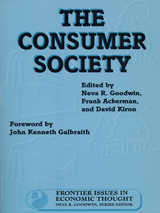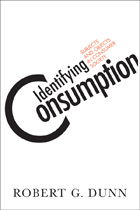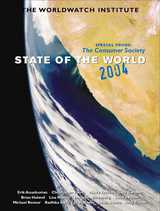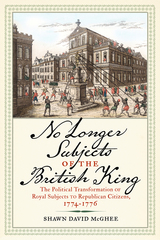
The developed countries, particularly the United States, consume a disproportionate share of the world's resources, yet high and rising levels of consumption do not necessarily lead to greater satisfaction, security, or well-being, even for affluent consumers.
The Consumer Society provides brief summaries of the most important and influential writings on the environmental, moral, and social implications of a consumer society and consumer lifestyles. Each section consists of ten to twelve summaries of critical writings in a specific area, with an introductory essay that outlines the state of knowledge in that area and indicates where further research is needed. Sections cover:
- Scope and Definition
- Consumption in the Affluent Society
- Family, Gender, and Socialization
- The History of Consumerism
- Foundations of Economic Theories of Consumption
- Critiques and Alternatives in Economic Theory
- Perpetuating Consumer Culture: Media, Advertising, and Wants Creation
- Consumption and the Environment
- Globalization and Consumer Culture
- Visions of an Alternative
The Consumer Society is an essential guide to and summary of the literature of consumption and will be of interest to anyone concerned with the deeper economic, social, and ethical implications of consumerism.

Identifying Consumption illustrates how an individual’s buying habits are shaped by the dynamics of the consumer marketplace—and thus how consumption and identity inform each other. Robert Dunn brings together the various theories of spending and develops a mode of analysis concentrating on the individual subjectivity of consumption. By doing so, he addresses how we spend and its relationship with status and lifestyle.
Dunn provides a comprehensive guide to the study of modern consumer behavior before summarizing and critiquing the major theories of consumption. At this juncture, he proposes a method of analysis that focuses on the significance of status and lifestyle in social relations that can help explain how the consumer marketplace is shaped. He concludes by raising issues about different ways of consuming and the relationship between consumption and identity.


READERS
Browse our collection.
PUBLISHERS
See BiblioVault's publisher services.
STUDENT SERVICES
Files for college accessibility offices.
UChicago Accessibility Resources
home | accessibility | search | about | contact us
BiblioVault ® 2001 - 2024
The University of Chicago Press









